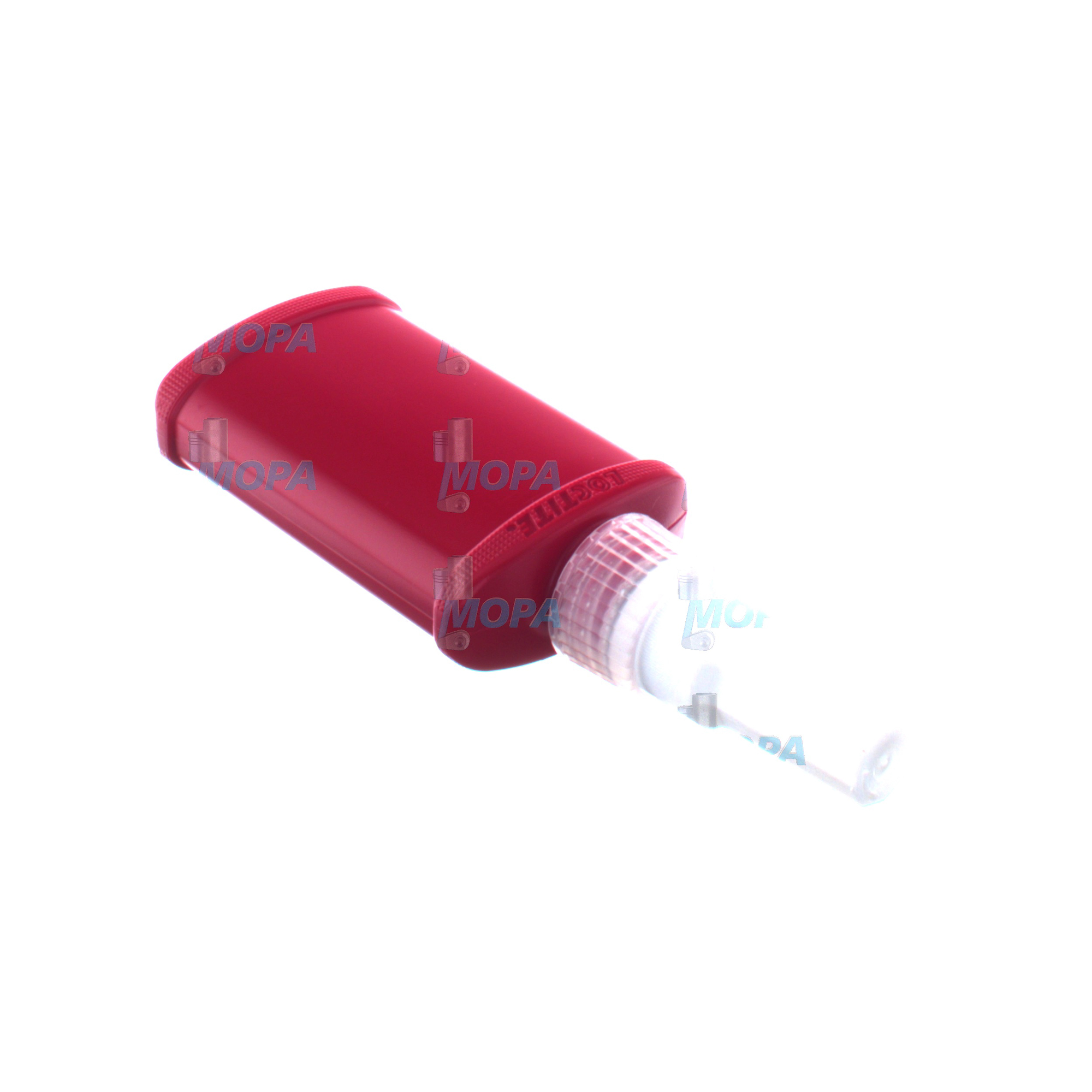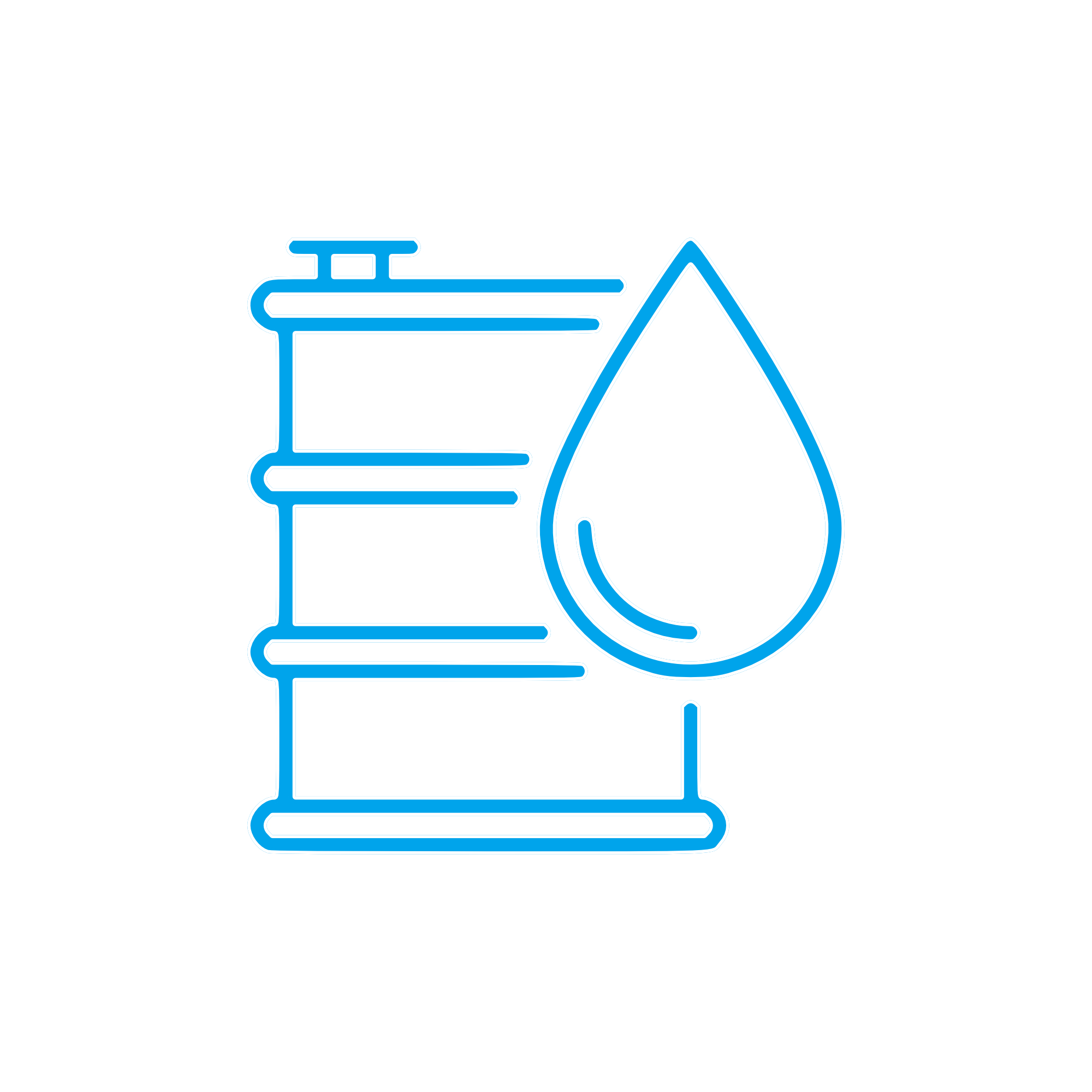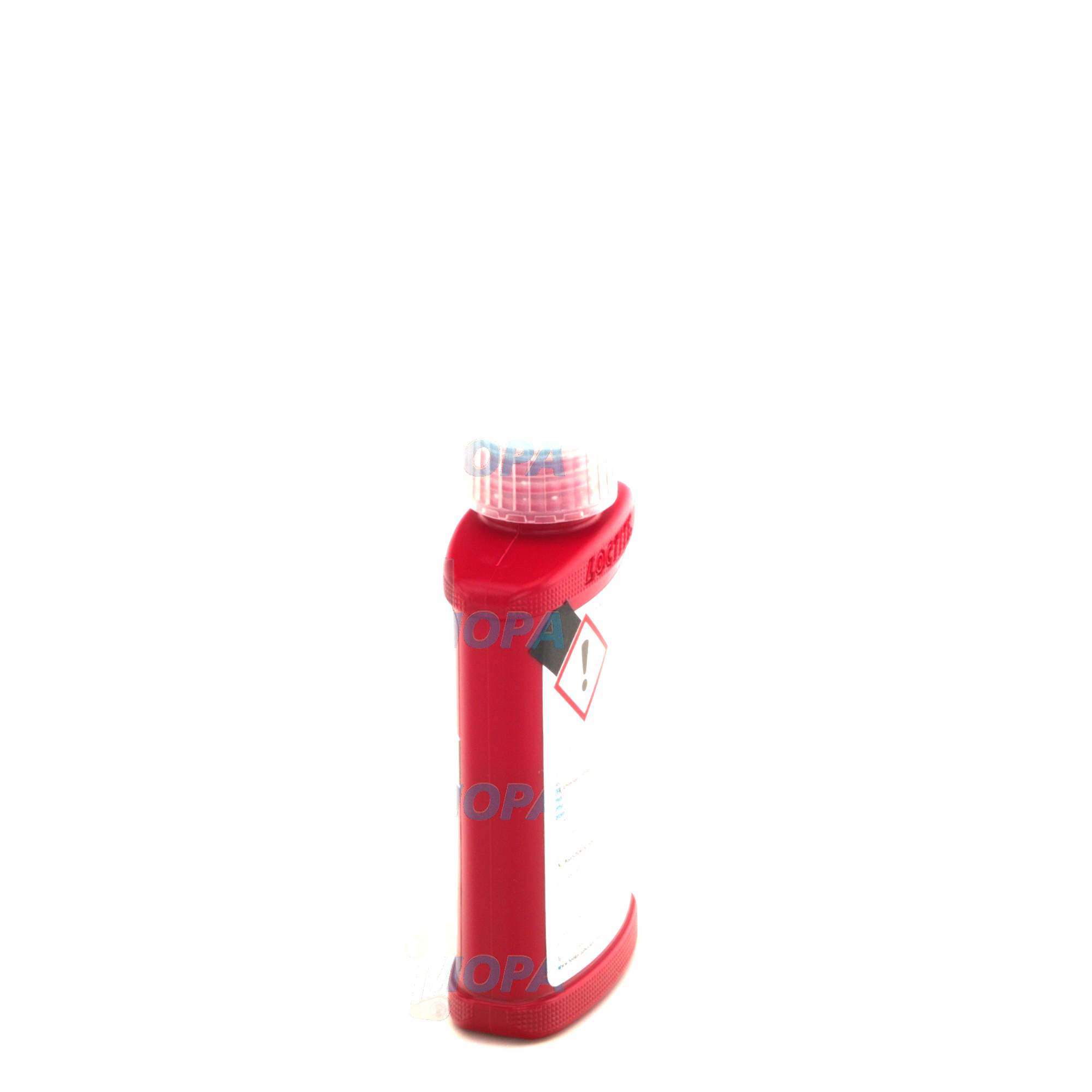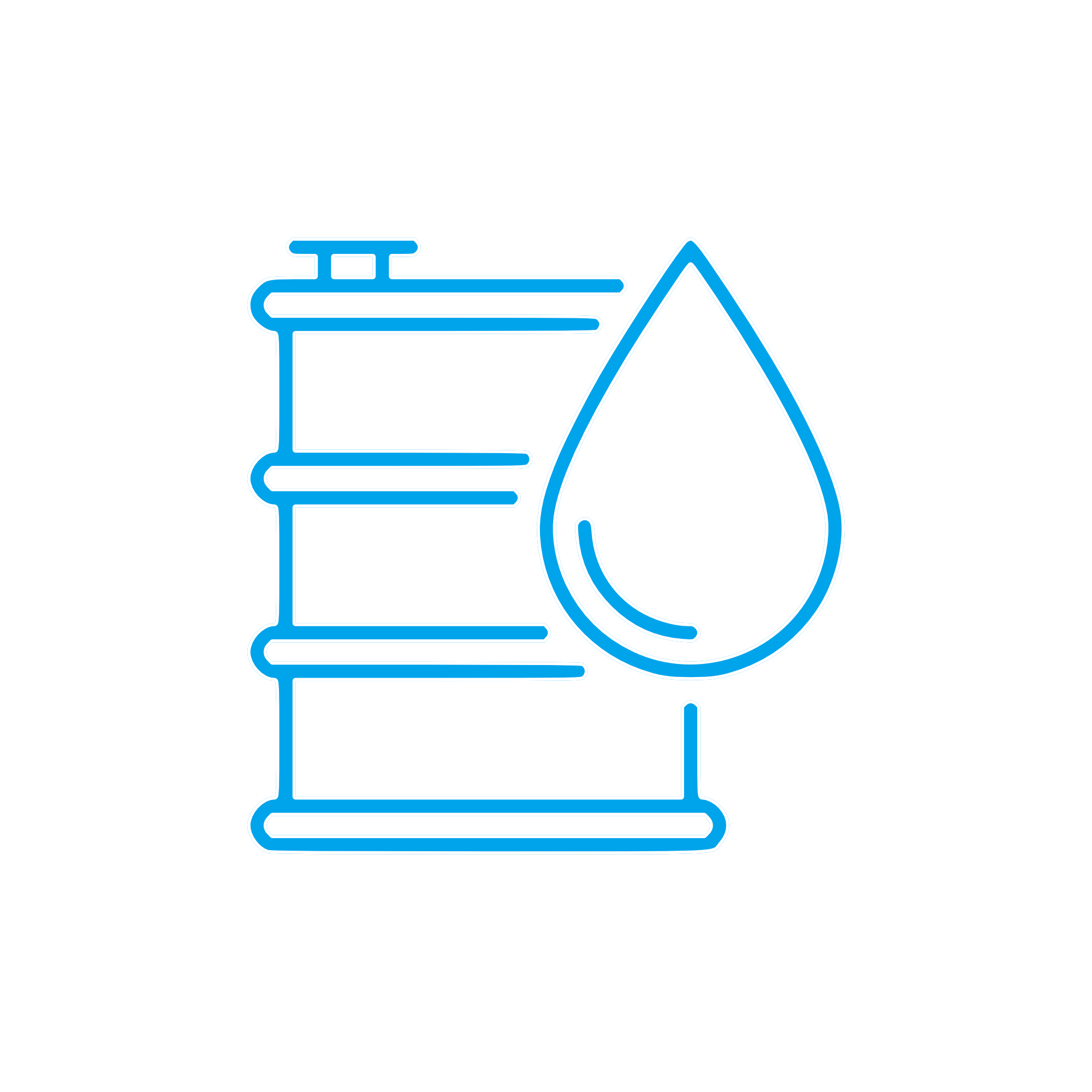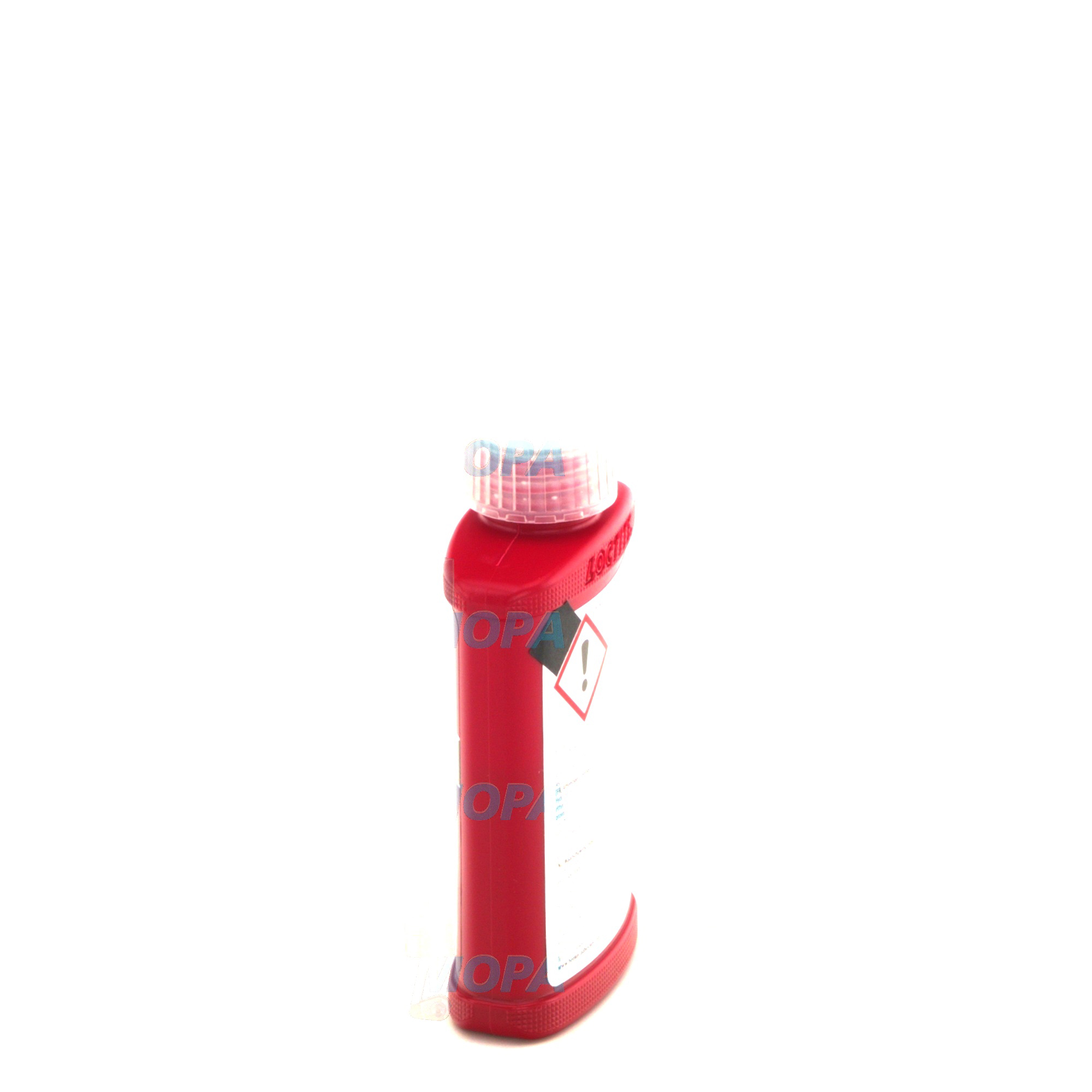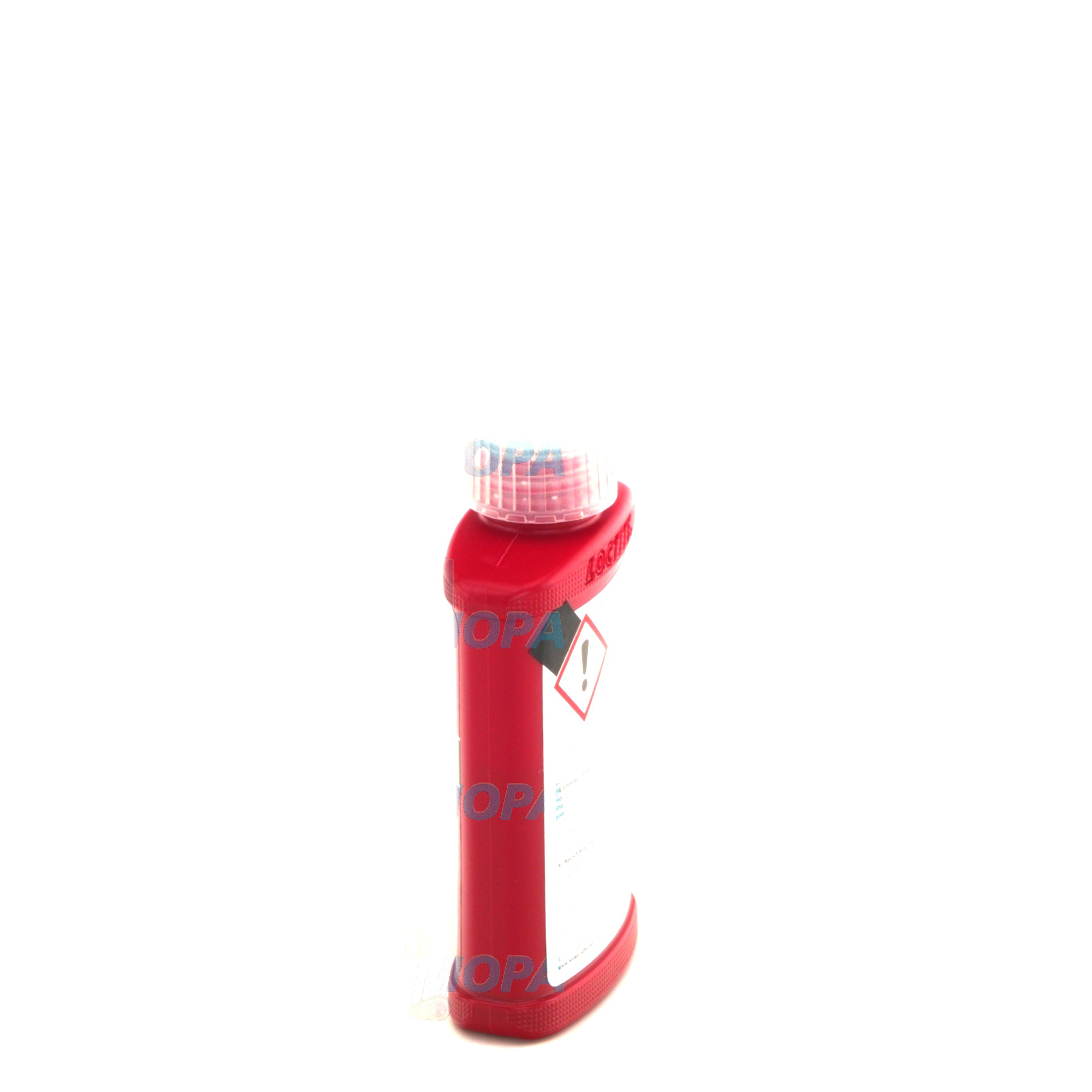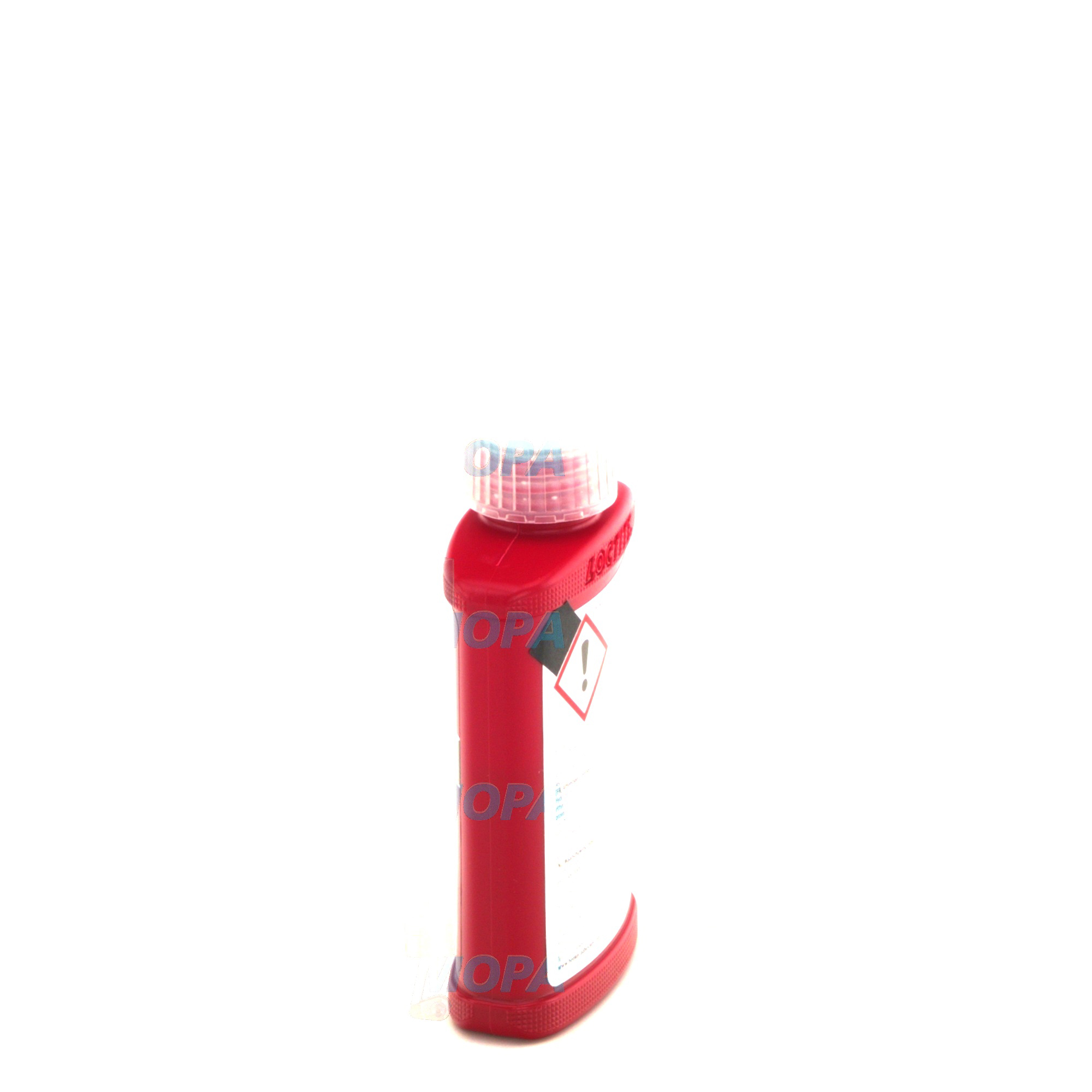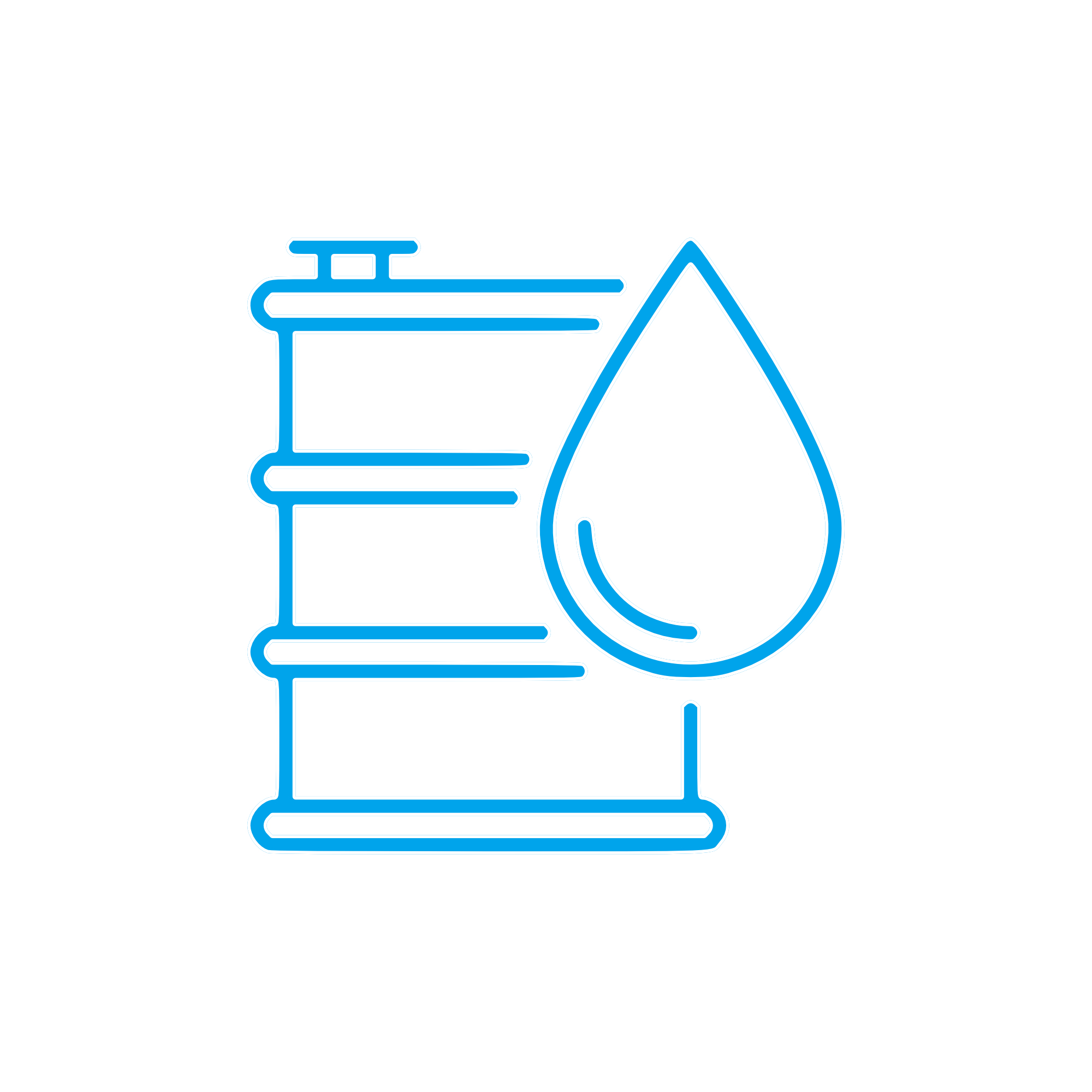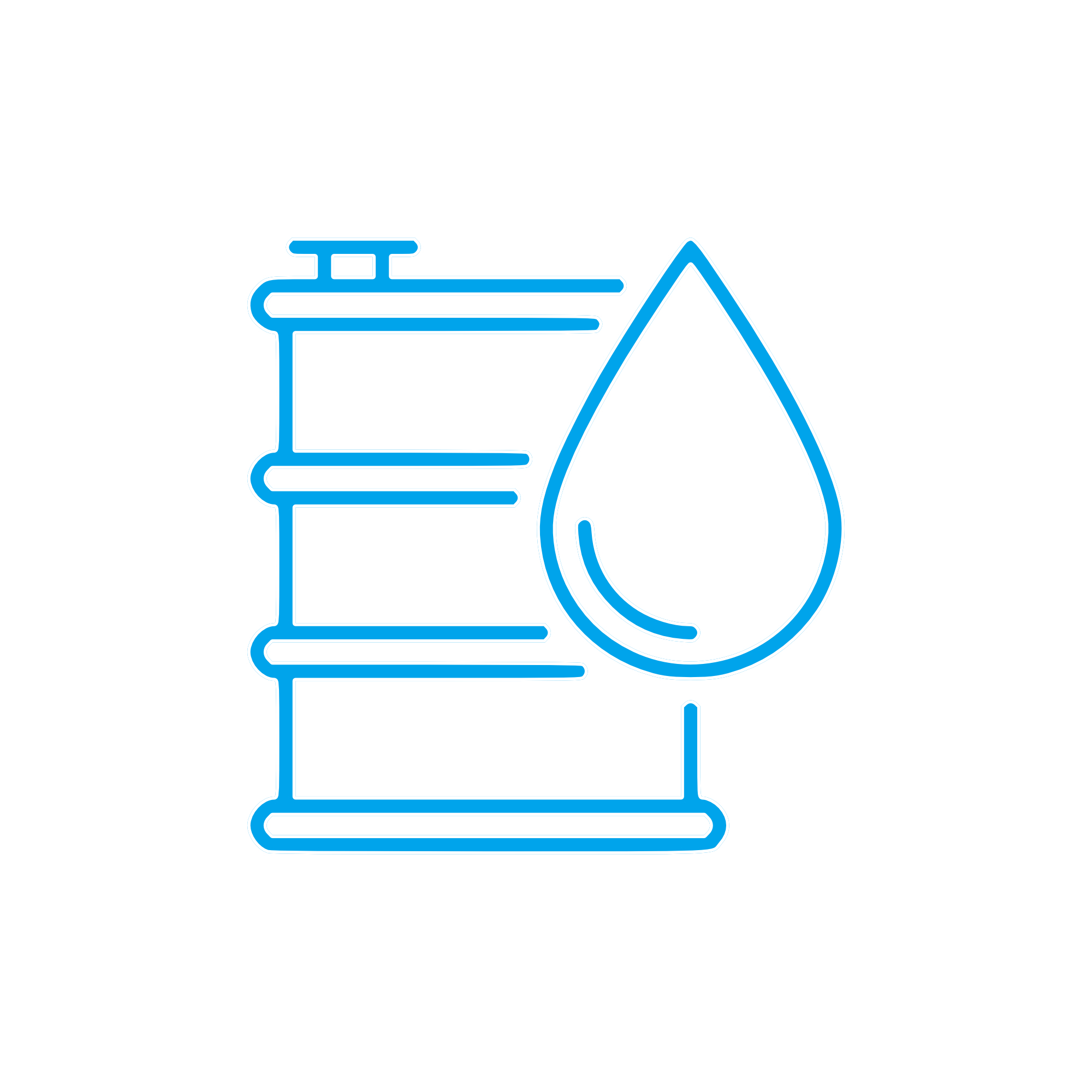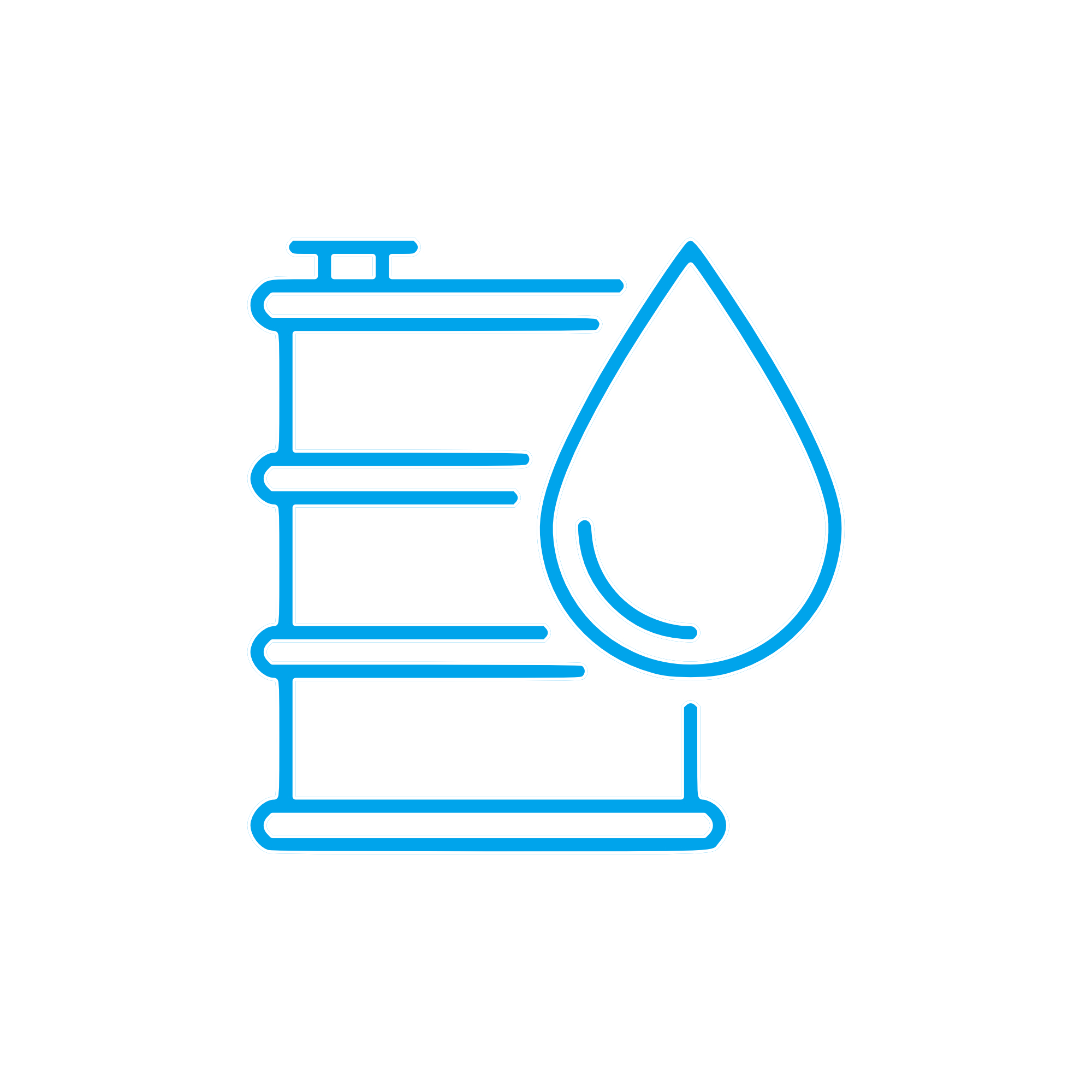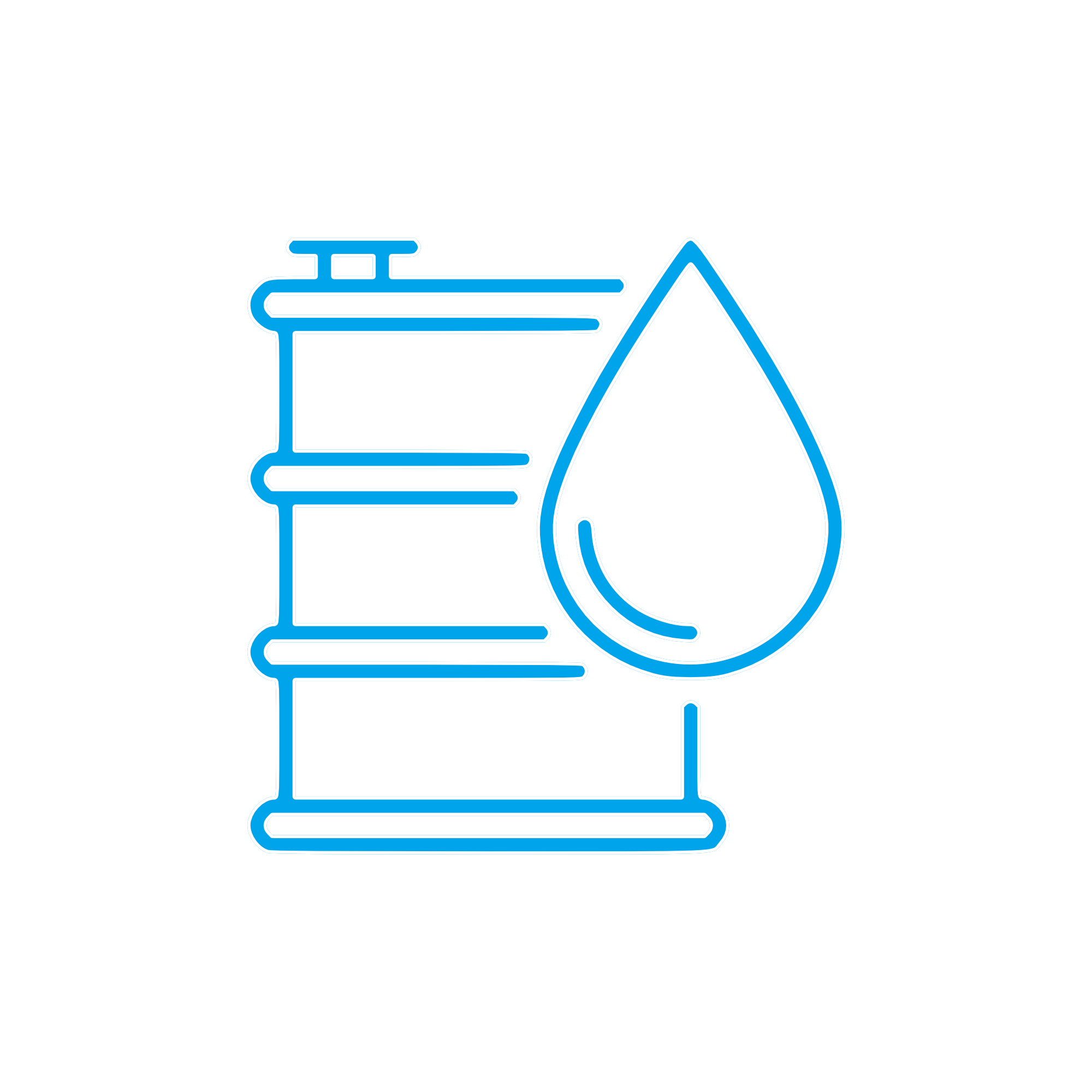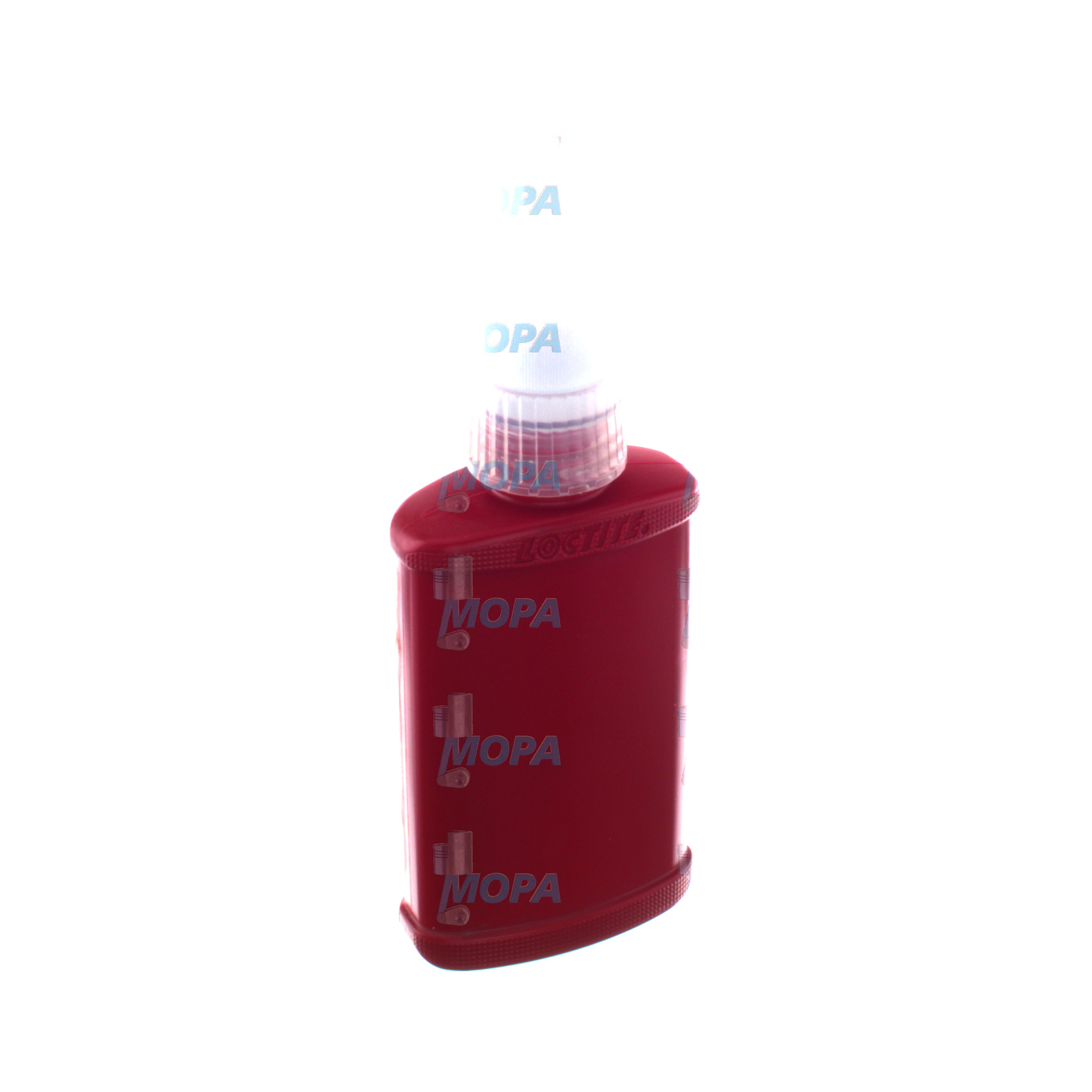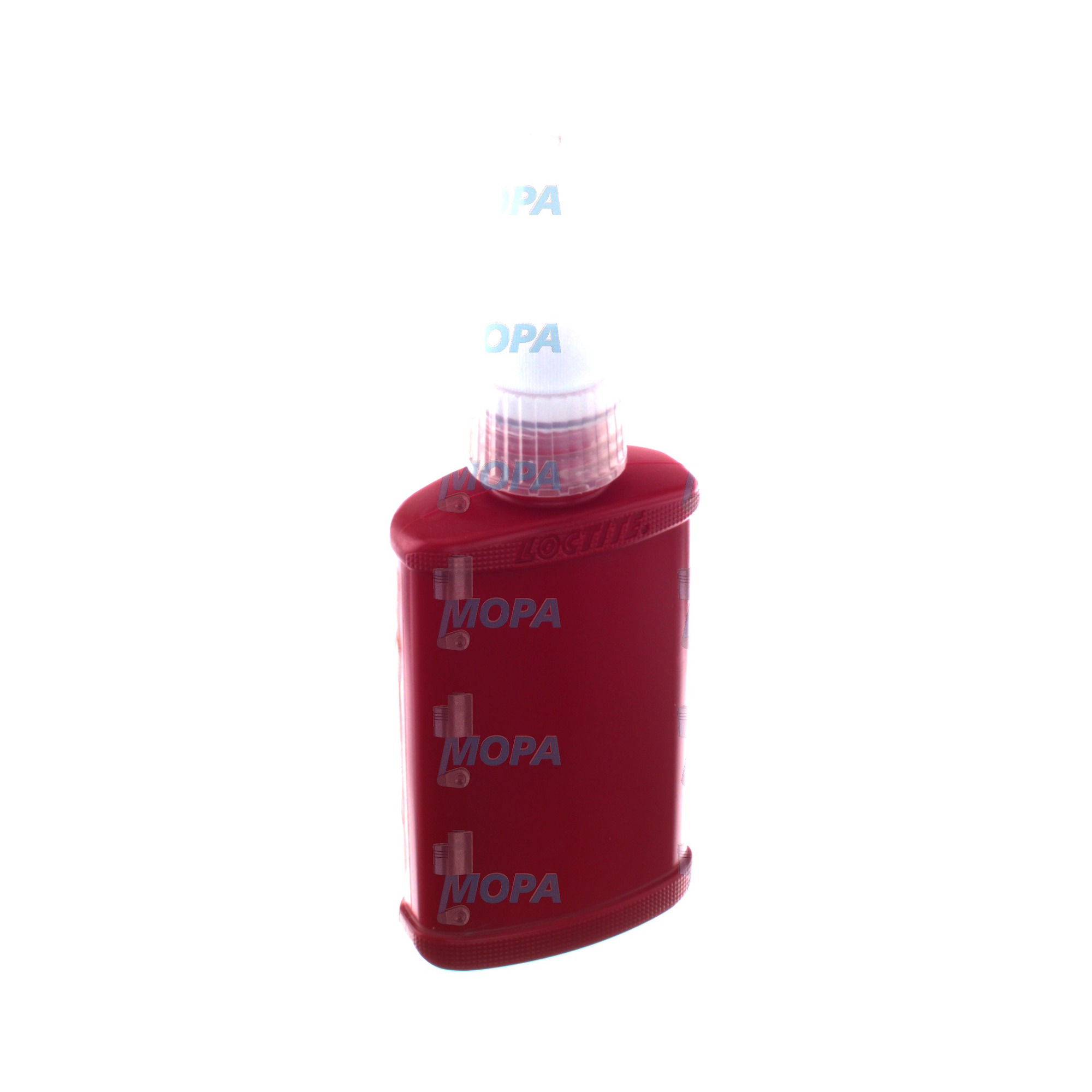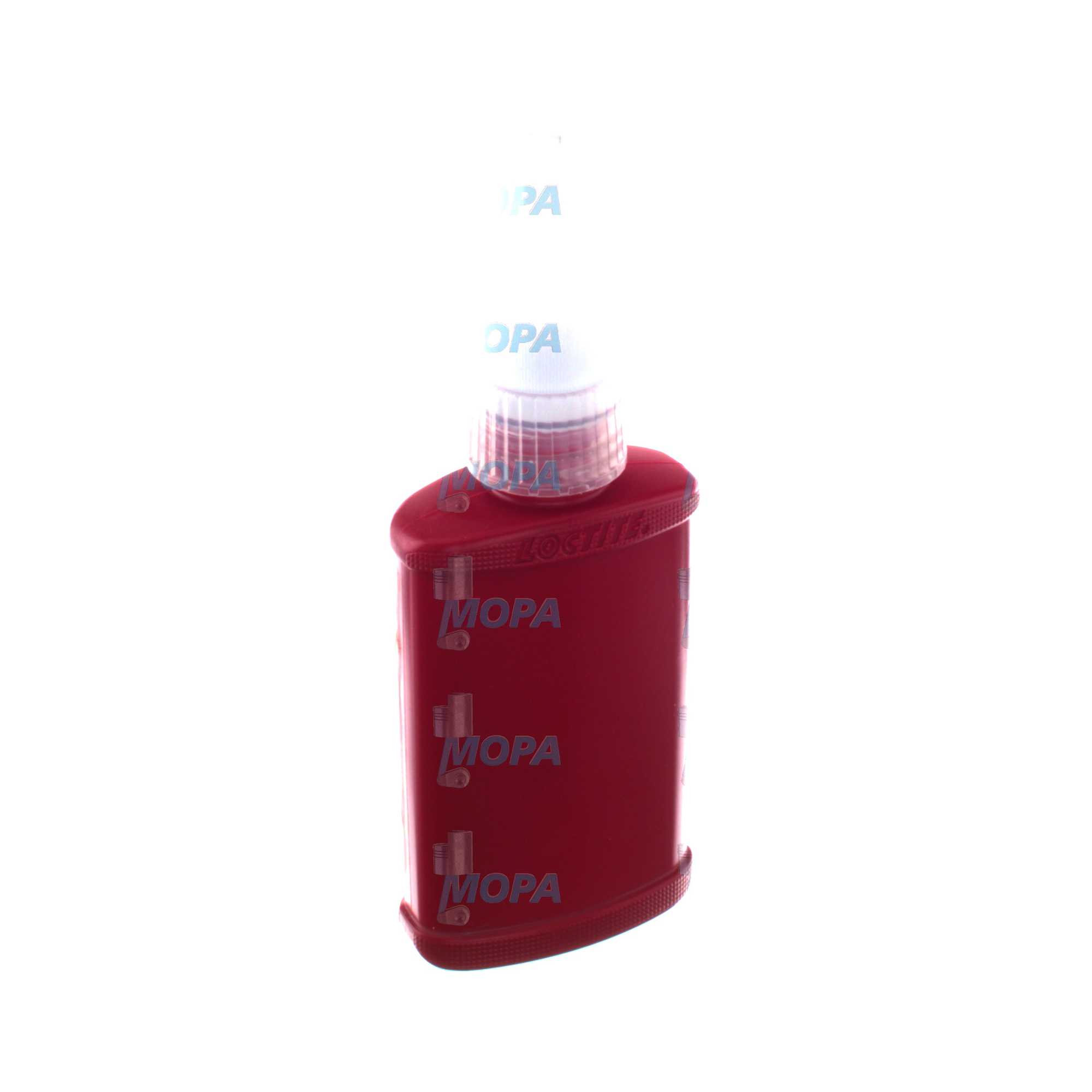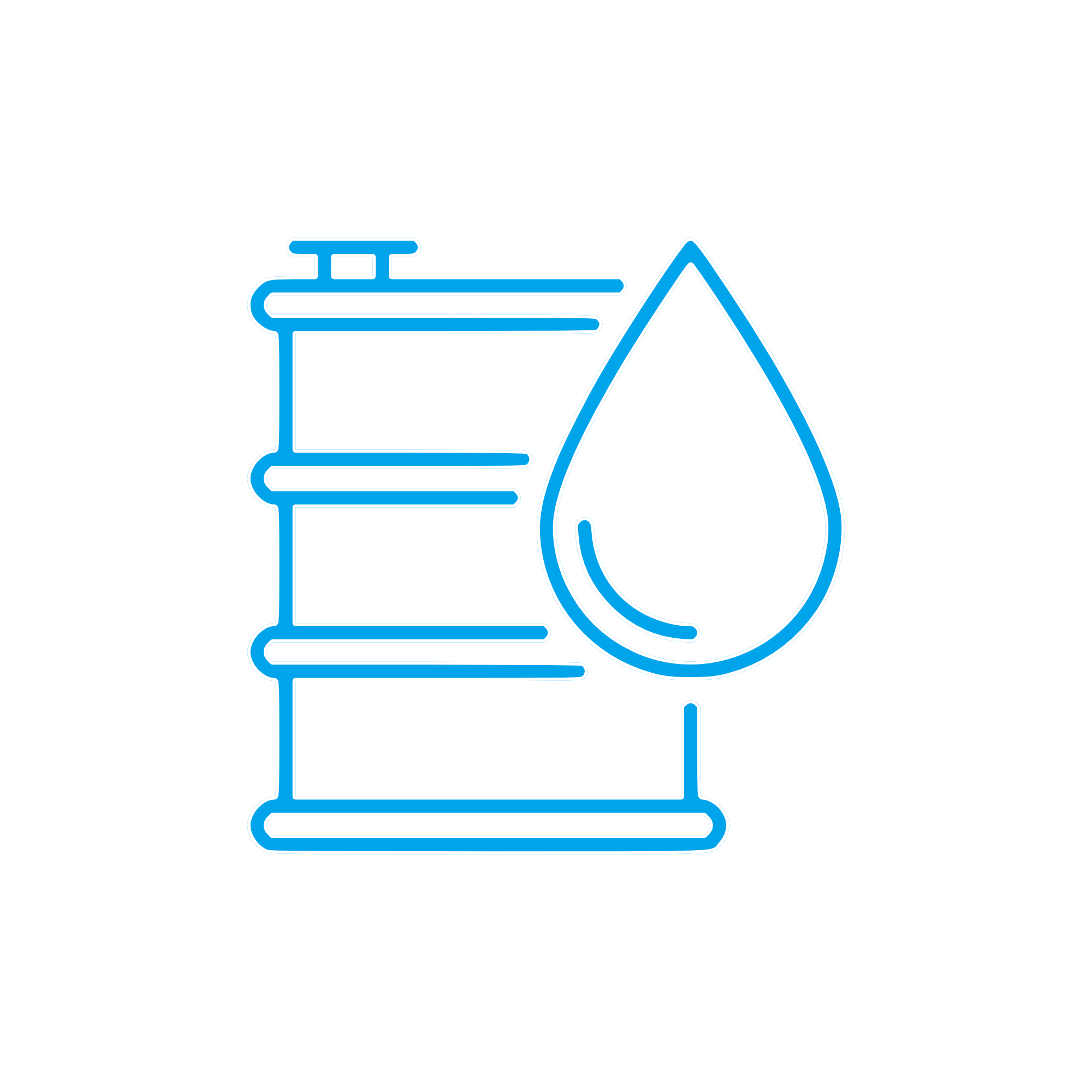SAFETY/LOCKING AGENT – Liquids, chemicals and adhesives for engine reliability
Liquids, chemicals and adhesives are essential consumables that underpin the integrity, performance, and longevity of marine and diesel engines. This article category encompasses threadlocking and threadsealing compounds, structural adhesives, gasketing materials, corrosion inhibitors, cleaners, degreasers, coolants, and protective fluids. Used correctly, these engineered fluids and bonding agents keep assemblies tight, prevent leaks, protect metals and elastomers, and stabilize operating conditions under vibration, load changes, temperature cycles, and exposure to fuels and seawater.
Within this portfolio, the SAFETY/LOCKING AGENT plays a critical role in securing threaded fasteners and press-fits. In high-output engines and propulsion systems, it prevents loosening caused by vibration and thermal expansion, preserving precise alignments in turbochargers, pumps, auxiliary drives, and power transmission components. Together with other Liquids, chemicals and adhesives, these solutions form a technical backbone for safe, efficient, and economical engine operation.
Technical function of Liquids, chemicals and adhesives with SAFETY/LOCKING AGENT applications
The function of Liquids, chemicals and adhesives in an engine is to create reliable interfaces between parts—sealed, bonded, lubricated, and protected against chemical and mechanical stress. A SAFETY/LOCKING AGENT for a marine engine or diesel engine is typically an anaerobic adhesive that fills the microscopic gaps between threads. When confined between metal surfaces and deprived of oxygen, it cures to a tough thermoset polymer, locking the fastener in place while distributing loads across the full thread profile. This prevents micro-movement, fretting corrosion, and torque loss during service. Formulations range from low-strength (for small screws or frequent disassembly) to high-strength (for permanent retention on studs and large bolts). Typical properties include:
· Fixture time from 10–30 minutes; full cure within 24 hours depending on temperature and substrate.
· Temperature resistance from approximately −55 °C to +150 °C; high-temperature grades up to about +230 °C.
· Chemical resistance against engine oils, diesel, HFO, gas condensates, glycol coolants, and seawater.
· Controlled breakaway and prevailing torque values on standardized fasteners (e.g., M10–M20).
Beyond fastener retention, Liquids, chemicals and adhesives deliver complementary functions: liquid gaskets replace cut gaskets on covers and housings; thread sealants prevent leakage of gases and liquids in fuel, lube, and cooling circuits; structural adhesives bond brackets, sensors, and enclosures; cleaners and surface activators improve adhesion and reduce assembly variability; protective fluids displace moisture and inhibit corrosion during lay-up. In integrated maintenance regimes, a SAFETY/LOCKING AGENT in OEM parts assembly ensures torque retention, while compatible sealants and cleaners safeguard the surrounding interfaces.
Importance for engine operation and safety
In propulsion and power-generation duty, even minor fastener loosening or leakage can escalate into major events. A properly selected SAFETY/LOCKING AGENT in diesel engine mounts, turbocharger clamp bolts, coupling bolts, and pump brackets preserves alignment and prevents imbalance, vibration, and premature bearing wear. In fuel and lube systems, the right thread sealant prevents weeping, air ingress, and pressure losses that compromise injection timing and hydrodynamic lubrication. Chemical stability protects elastomers and coatings from swelling or embrittlement, reducing unplanned downtime.
When Liquids, chemicals and adhesives are absent, mismatched, or degraded, common issues include torque decay and joint separation, leakage leading to contamination or fire risk, corrosion at crevice interfaces, and deterioration of sealing faces due to fretting and abrasion. Conversely, using a SAFETY/LOCKING AGENT for marine engine service helps retain designed preload across temperature cycles, maintaining efficiency and protecting surrounding components. Cleaners and activators reduce the scatter in cure times and bond strength, delivering predictable assembly outcomes across fleets.
Advantages of OEM spare parts suitable for Liquids, chemicals and adhesives
OEM spare parts suitable for Liquids, chemicals and adhesives provide consistency, traceability, and compatibility with engine-maker specifications. In practice, that translates to controlled viscosity, cure kinetics matched to typical assembly conditions, predictable torque-on-yield behavior, and proven compatibility with the metals, coatings, and elastomers used in your engine platform. For a SAFETY/LOCKING AGENT OEM parts solution, you can expect defined breakaway/prevailing torque windows, reliable performance in hot oil and fuel exposure, and batch documentation that supports quality audits.
· Stable performance lot-to-lot, reducing assembly variability and rework.
· Formulations aligned with diesel and gas engine environments (fuel, oil, coolant, seawater).
· Compatibility with common substrates: carbon/stainless steels, cast iron, aluminum alloys.
· Optimized cure profile for workshop temperatures and maintenance schedules.
· Proven resistance to vibration, thermal cycling, and chemical attack for longer service life.
· Better lifecycle economics through reduced leakage, fewer retorque intervals, and less downtime.
Why choose OEM parts for SAFETY/LOCKING AGENT use cases
Spec-compliant products ensure that a SAFETY/LOCKING AGENT for diesel engine main bearing caps or marine engine accessory drives develops the intended clamp load retention without damaging threads or complicating future overhauls. Technically correct selection—low, medium, or high strength; wicking vs. gap-filling grades; high-temperature versions—prevents both under-retention and over-locking. With OEM parts, datasheets and SDS are aligned with your compliance framework, and shelf-life control supports predictable curing on board and in the workshop.
MOPA as your partner for OEM spare parts Liquids, chemicals and adhesives
MOPA is an experienced and reliable partner for OEM spare parts Liquids, chemicals and adhesives. We deliver SAFETY/LOCKING AGENT solutions for marine engine and diesel engine fleets with a focus on speed, quality, and security in the trade of OEM parts for diesel and gas engines. Our team supports selection by torque class, temperature rating, and media resistance, and supplies the related sealants, cleaners, activators, and protective fluids from the same specification ecosystem.
With responsive logistics, documented batch traceability, and careful handling of hazardous shipments, MOPA helps you keep maintenance windows short and predictable. From single units to fleet-wide programs, we coordinate packaging sizes, shelf-life management, and export documentation so your technical crews receive exactly what they need—on time and ready to use.
Conclusion
Liquids, chemicals and adhesives—especially a properly specified SAFETY/LOCKING AGENT—are fundamental to reliable engine assemblies, leak-free systems, and long-term performance. Choosing OEM spare parts suitable for Liquids, chemicals and adhesives ensures consistent results, predictable curing and strength, and better lifecycle economics for marine and diesel applications.
Partnering with MOPA streamlines procurement and ensures that every SAFETY/LOCKING AGENT and related product arrives with the quality and speed your operation demands.

